
Roy Mathew, MD, discusses integrating nephrology and cardiology to bridge the gap in patient adherence and care delivery.

Roy Mathew, MD, discusses integrating nephrology and cardiology to bridge the gap in patient adherence and care delivery.
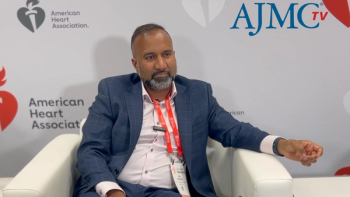
Multidisciplinary care enhances kidney health and cardiovascular outcomes, but more research into models is needed, said Roy Mathew, MD.

Martha Gulati, MD, explains how bias and underrepresentation in research lead to misdiagnosis of HFpEF in women and delays in care.
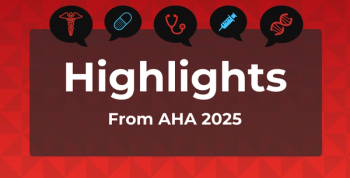
AHA 2025 highlights included new guidelines and targeted approaches advancing heart failure and cardiovascular care.

Long-term data suggest stress echocardiography can uncover impaired exercise capacity and predict worse outcomes in patients.

Updated guidelines set lower systolic blood pressure goals, expanded risk-based treatment, and call for stronger implementation to close care gaps.

There is an urgent need for equitable care and access to cardiovascular care, said Vallerie McLaughlin, MD; Martha Gulati, MD; and Stephen Nicholls, MBBS, PhD.

The trial did not meet its primary end point for reducing plaque progression.
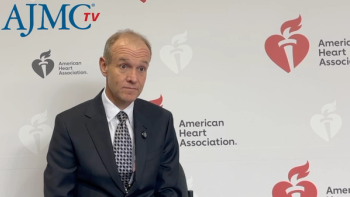
Tirzepatide's dual mechanism targets GIP and GLP-1, so it provides strong cardiovascular benefits, said Stephen Nicholls, MBBS, PhD, MBA.
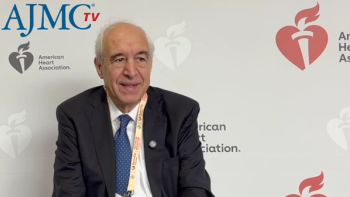
New findings reveal sotagliflozin's benefits for patients with heart failure with preserved ejection fraction without diabetes, said Juan Badimon, PhD.

Integrating nephrology and cardiology care for patients with kidney and cardiovascular (CV) risks can be challenging but is possible, said Roy Mathew, MD.

Combining 3 standard therapies into a single pill improved outcomes for adults with heart failure with reduced ejection fraction.

New research suggests stress cardiac MRI could help diagnose angina and improve quality of life for patients whose arteries appear clear on angiography.

Only 4% of NIH prevention projects target health disparities, revealing a major gap between equity research and real-world implementation.

Prioritizing education and shared decision-making can help patients with newly diagnosed heart failure feel less overwhelmed, said Martha Gulati, MD.
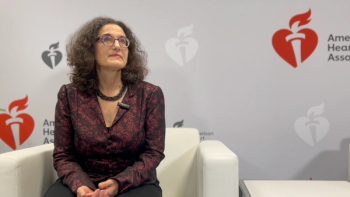
Sotatercept can enhance treatment for pulmonary arterial hypertension, even in patients already on conventional therapies, said Vallerie McLaughlin, MD.
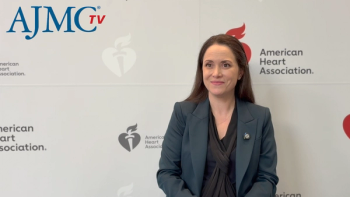
The oral PCSK9 inhibitor enlicitide can change cholesterol management with high efficacy and improved adherence, said Ann Marie Navar, MD, PhD.

In a phase 3 trial, the investigational oral PCSK9 inhibitor enlicitide reduced LDL cholesterol by nearly 60% in adults with or at risk for ASCVD.

Experts at AHA 2025 outlined how digital tools, inclusive trials, and safer deprescribing can reshape cardiovascular care for aging adults.

Research shows how low-dose aspirin, lifestyle habits, and the Life’s Essential 8 checklist can affect cardiovascular risk in patients with type 2 diabetes.
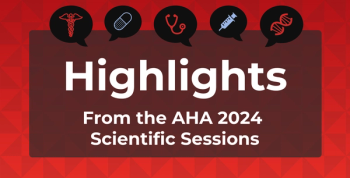
Our top content from the 100th annual American Heart Association (AHA) Scientific Sessions included exclusive expert insights and highlighted promising treatments.

Dan Bloomfield, MD, chief medical officer, Anthos, walks through promising findings demonstrating the efficacy of abelacimab, a factor XI (FXI) inhibitor, to reduce bleeding risk in atrial fibrillation treatment.

Oussama Wazni, MD, Cleveland Clinic, discusses insights from the OPTION trial and their potential implication on guidelines for post-ablation management in atrial fibrillation.

COVID-19 infections were associated with greater risk of hospitalization, complications, and mortality in patients with peripartum and hypertrophic cardiomyopathy.
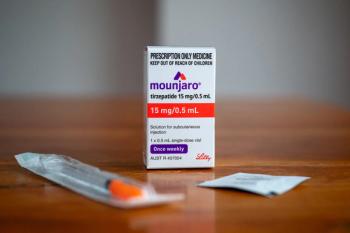
A SUMMIT trial analysis showed how tirzepatide improves cardiovascular and kidney health in patients with obesity-related heart failure with preserved ejection fraction (HFpEF).

Attendees of the centennial American Heart Association (AHA) conference commend the meeting's ability to bring together diverse, interdisciplinary perspectives from across the globe.
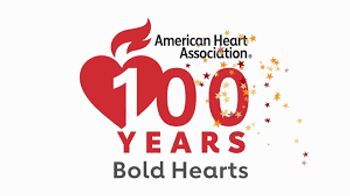
The poster session, “Behind the Curtain: How Healthcare Policy Shapes Patient Outcomes,” took place on the final day of the American Heart Association Scientific Session.

Over half of the US adult population may benefit from semaglutide, a drug primarily used for weight loss and diabetes, although concerns about access and cost persist, especially considering its potential for wider health applications.
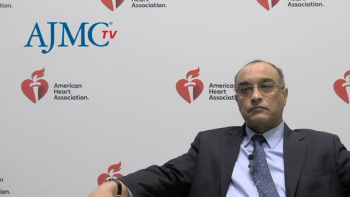
The implementation of a risk evaluation mitigation strategy (REMS) program to monitor patients on mavacamten further supports its real-world use, according to Milind Desai, MD, Cleveland Clinic.
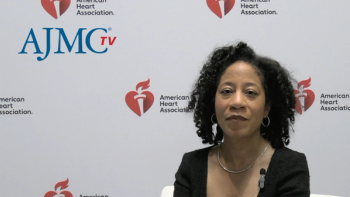
Community-based researchers can teach clinicians a lot about how to best approach underserved populations disproportionately impacted by cardiovascular health complications.

259 Prospect Plains Rd, Bldg H
Cranbury, NJ 08512
© 2025 MJH Life Sciences®
All rights reserved.
